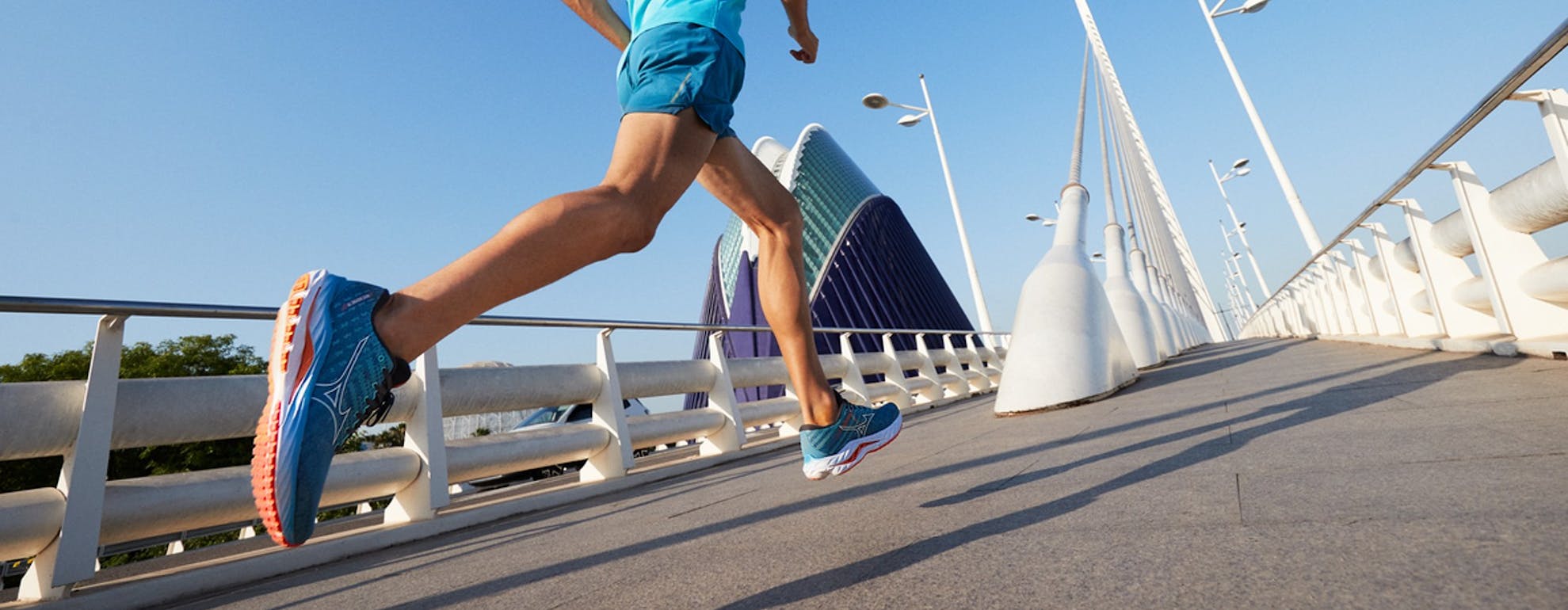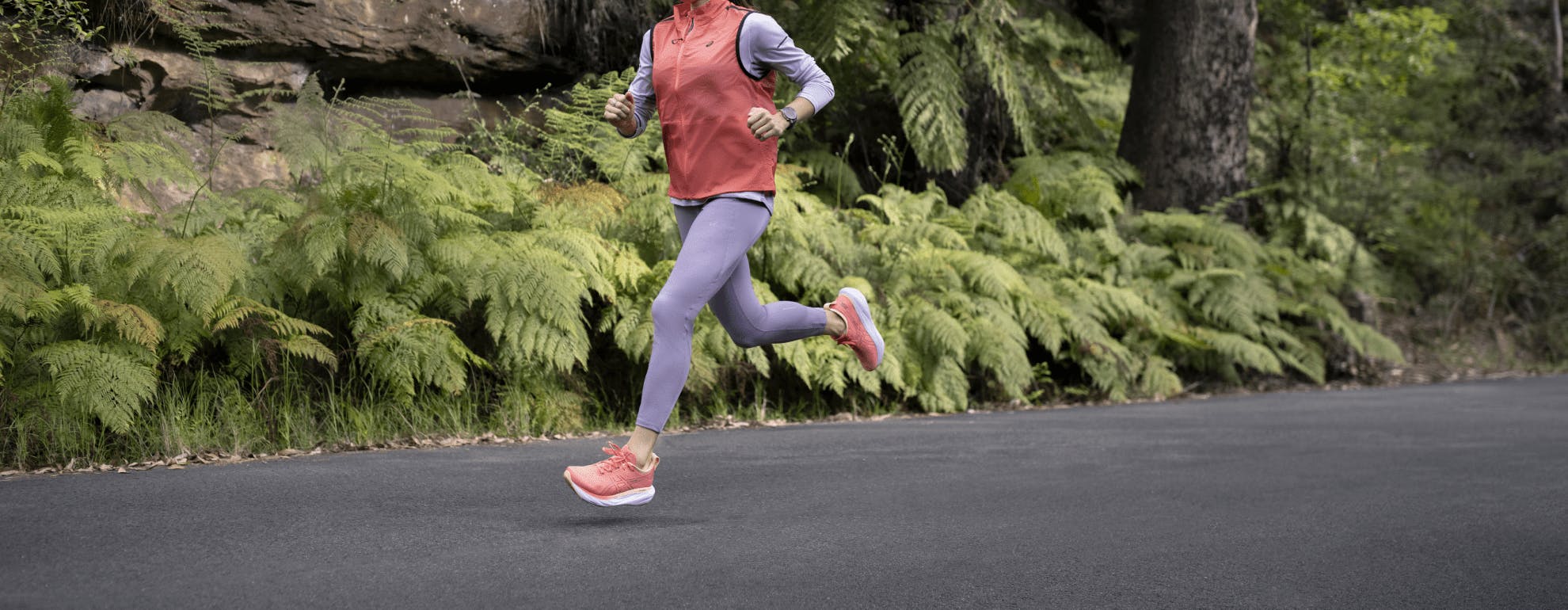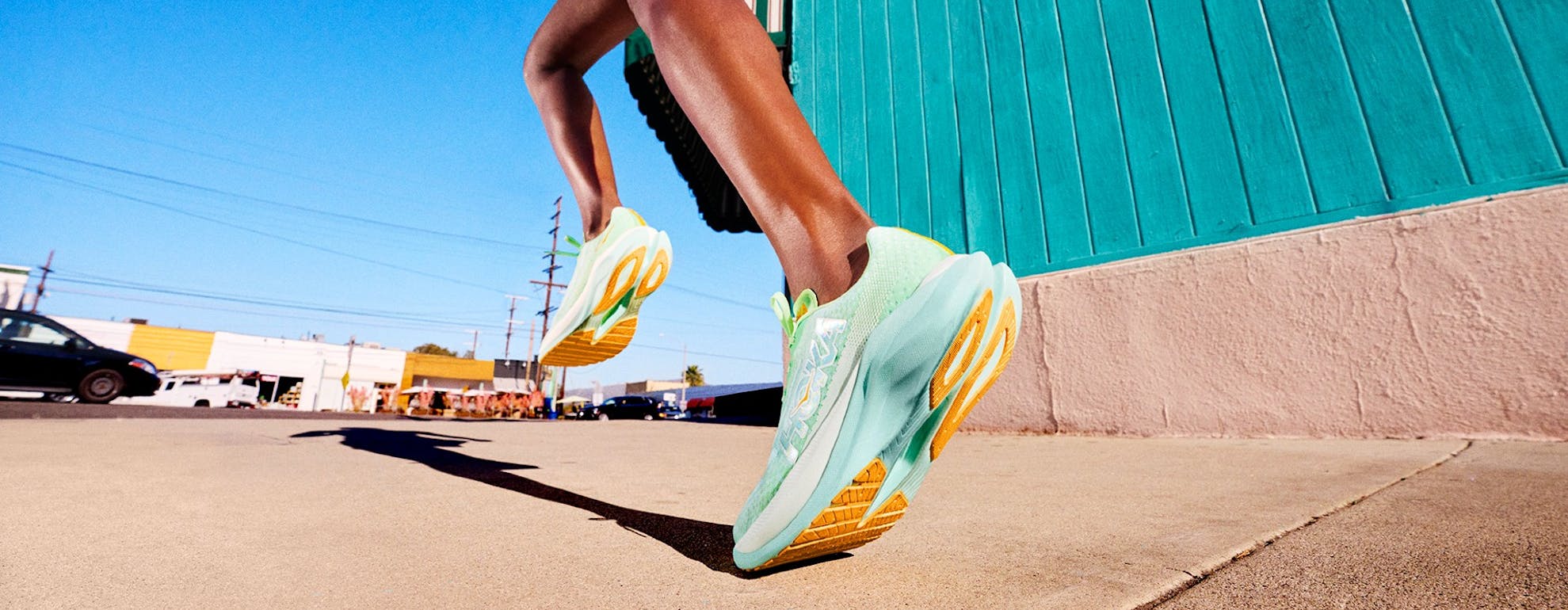
How to Choose the Right Support Shoe for Running
Not every runner is the same, and it is important to choose a running shoe which is suitable for your gait. Runners who overpronate should consider wearing a support shoe to ensure their gait is as biomechanically efficient as possible..
ㅤ
WHAT IS OVERPRONATION?
Before looking at your shoes, it's important to understand your feet. Pronation is the natural inwards rolling movement through the footstrike, which occurs as weight is transferred from the heel through to the forefoot. This is a natural part of the gait cycle which helps the body to absorb shock and stress on impact.
Overpronation occurs where the foot rolls inwards excessively, placing excessive weight on the medial (inner) side of the foot, destabilising it and causing it to absorb shock less efficiently. This impacts negatively on the runner's biomechanical alignment and efficiency, in particular impacting on the alignment of the hips, knees and ankles and increasing the risk of injury.
Support shoes help the foot to distribute weight more evenly and therefore absorb shock more efficiently, helping to guide the foot into a more biomechanically efficient footstrike.
WHAT TO LOOK FOR
We recommend considering the following when choosing your support shoe.
1. Level of Support
Are you a mild or severe overpronator? This will help determine how much support you actually need . A mild overpronator will run happily with a small amount of support whereas a heavier, severe overpronator may need a motion control shoe with added stability features. Remember, the more supportive the shoe, generally the more you'll compromise on weight.
2. Support Features
Look for key features designed to give overpronators extra medial support (support on the inside of the shoe), such as medial posts and midsoles which are denser on the inside of the shoe. This provides a firmer platform, resisting compression in this area, and supporting the inside of the foot.
Reinforced foot bridges under the arch give the foot additional support whilst allowing the foot to move naturally. Also look for supportive uppers with overlays locked into the lacing system, and firm heel counters to cradle and secure the foot.
Strategic cuts and outsole grooves will also help guide the foot into a more efficient position. Also bear in mind that running shoes built on semi curved to straight lasts will help to deliver more stability.
3. Durability
Overpronators can be tough on their running shoes. Generally, they will strike heavily on their outside heel, and then roll inwards through to the inside of the forefoot, and will typically wear their running shoes in these areas. A good support shoe will feature high wear carbon rubber in these key areas at the heel and inside forefoot. Higher density midsoles on the medial side will help prevent compression in this area, for a longer shoe life.
4. Cushioning
Inadequate cushioning is a major cause of injury, and is particularly important for overpronators who do not absorb shock efficiently. A good support shoe will feature stable cushioning, providing shock absorption at the heel and rebound properties at the forefoot for propulsion.
Interested in the latest shoes, apparel and technology? Then head over to our Kit & Gear category for more reviews, tips, advice and product releases.
Welcome
Welcome to SportsShoes Kit & Gear Hub! Here you'll find all the information and advice you need about the very latest kit, technology and gear.
Read More
Share this
Featured Articles
View All



